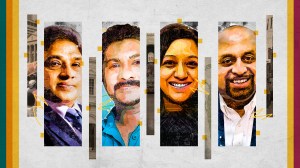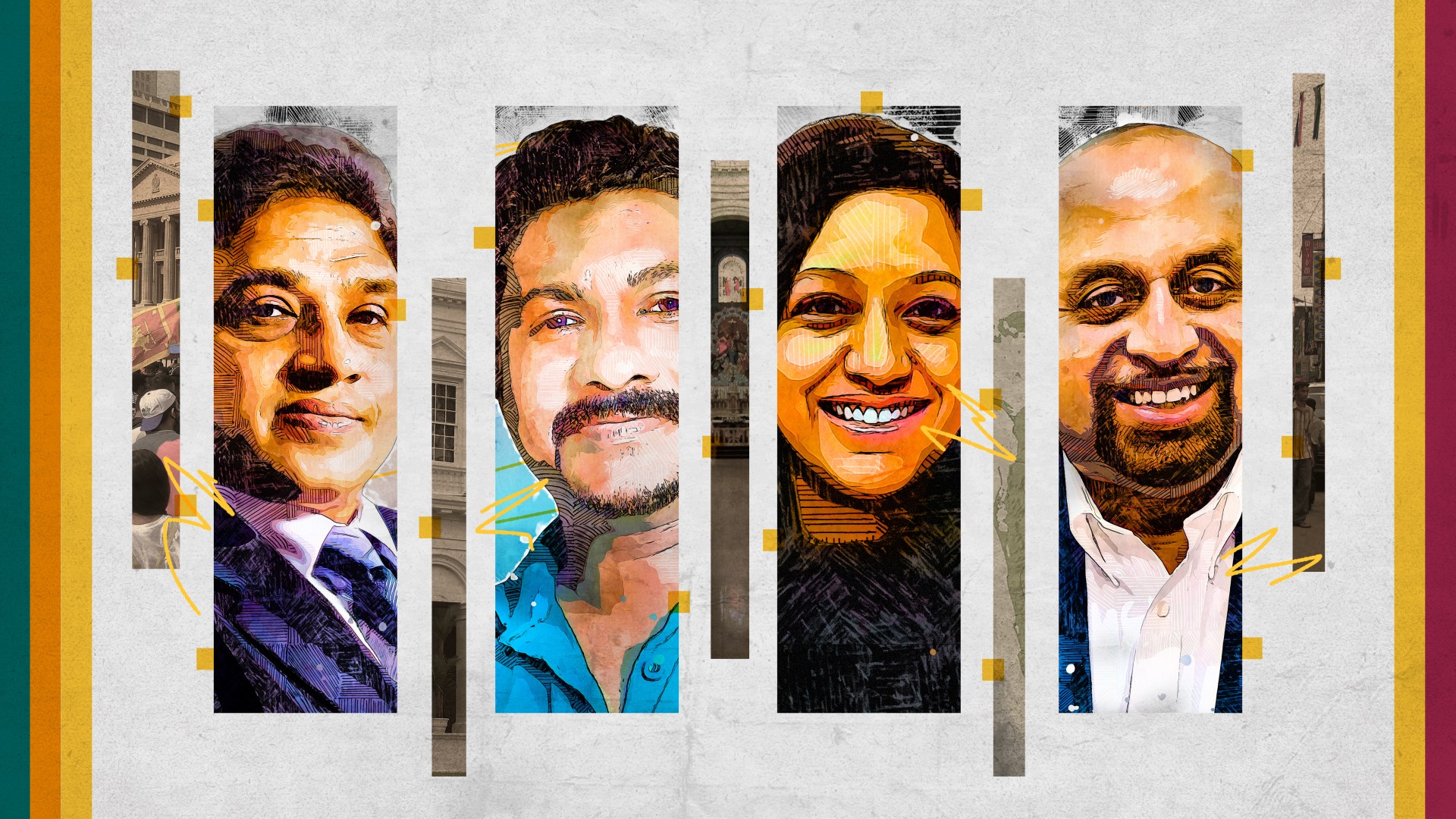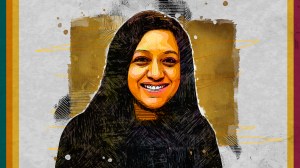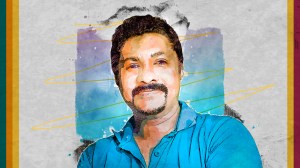In this series

On July 9, after months of taking to the streets, Sri Lanka protesters successfully pressured President Gotabaya Rajapaksa to resign and flee the country. Demonstrations began in early April as prices of fuel, food, and medicine began to soar.
Gotabaya’s tenure, which began in 2019, failed to mitigate much of the damage that his brother Mahinda Rajapaksa had put in place when he served as president from 2005 to 2015. Corruption and disastrous economic policies characterized their respective administrations. COVID-19 dealt the final blow to an already struggling, poorly managed economy, with Sri Lanka even defaulting on external debt for the first time in its history. No one in the island nation of 22 million people has emerged unscathed.
“For the first time in my living memory, the protests have united people from all walks of life and all ethnic and religious communities,” said Christian political blogger and International Fellowship of Evangelical Students (IFES) leader Vinoth Ramachandra.
This includes Christians, who comprise 7.4 percent of the population (evangelicals comprise less than 2 percent). Despite suffering persecution and scores of casualties in 2019 terrorist attacks, many have felt compelled to come alongside their countrypeople in this political moment.
“What better way to love God and love our neighbor as we love ourselves than to work towards the much-needed change in this country, from governance to the grassroots—a cultural change that will lead to a ‘system change,’” said Nadishani Perera, head of the Sri Lanka chapter of Transparency International. “To speak for those who cannot speak, to share our resources with those who have none, as God loves them too. He is watching to see if we who know him would love enough to care for them.”
Though protesters have successfully ended the Rajapaksas’ rule, the gains they aspired to are not guaranteed. Since assuming power, six-term prime minister turned president Ranil Wickremesinghe has declared a state of emergency to govern under laws that allow the suspension of constitutional safeguards of civil liberties and due process.
“Hope begins with the ruin of our expectations,” Ramachandra quoted from Sri Lankan theologian Daniel Thambyrajah Niles in a blog post from April, before writing, “They were words that sustained me during the 30-year civil war this country experienced and, at the close of which, I began writing this Blog. And I continue to cling to them in the continuing darkness that envelopes us and other nations.”
“Christian hope, unlike optimism or mere wishful thinking, is based on the paradoxical triumph of the cross of Christ and Easter promise. The God of the biblical narrative is a God of surprises, working in unexpected places and through unexpected people.”
In this series, CT profiles four Christian leaders who have spent their lives investing in the betterment of Sri Lanka and have been working hard in this moment for the nation’s rebirth within their own spheres of influence.
Joanne Kwok is a writer and creative director based in Singapore.













